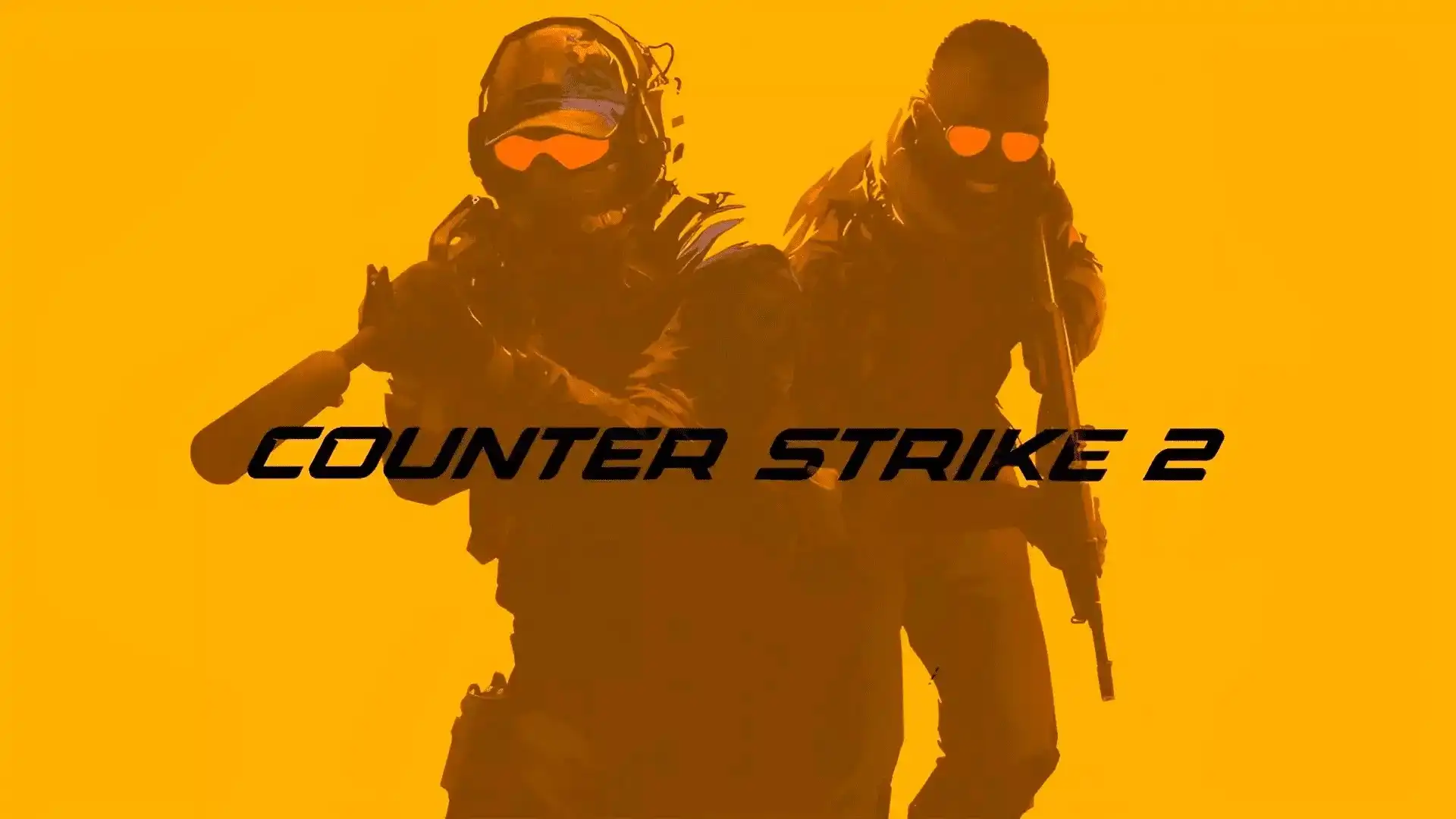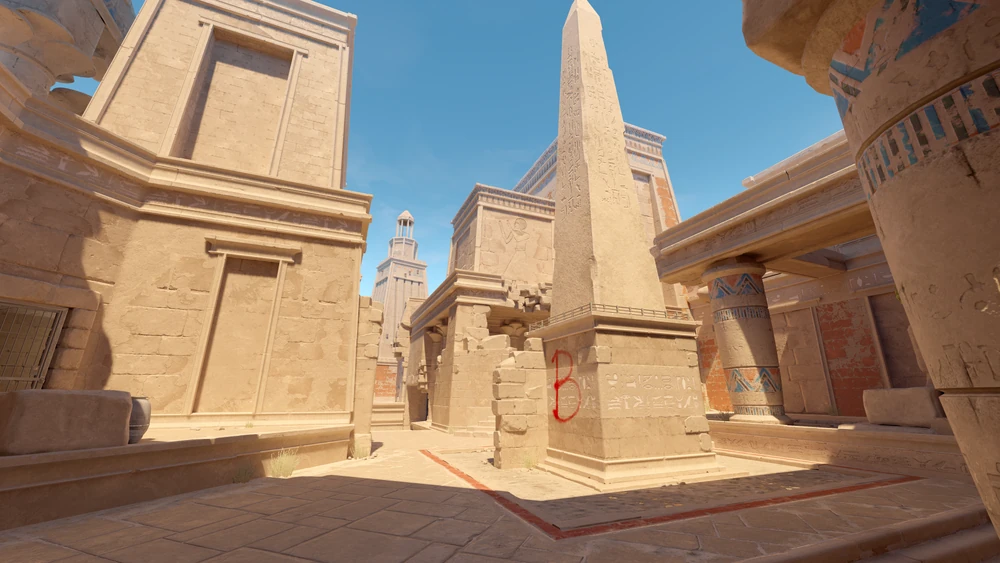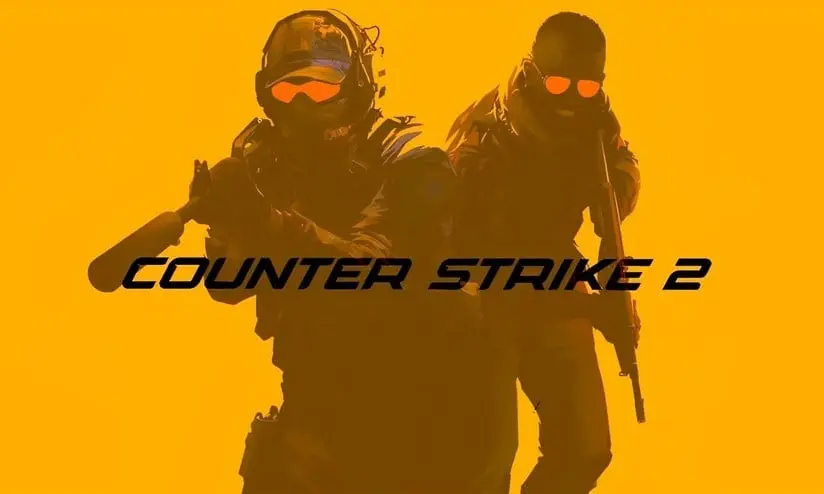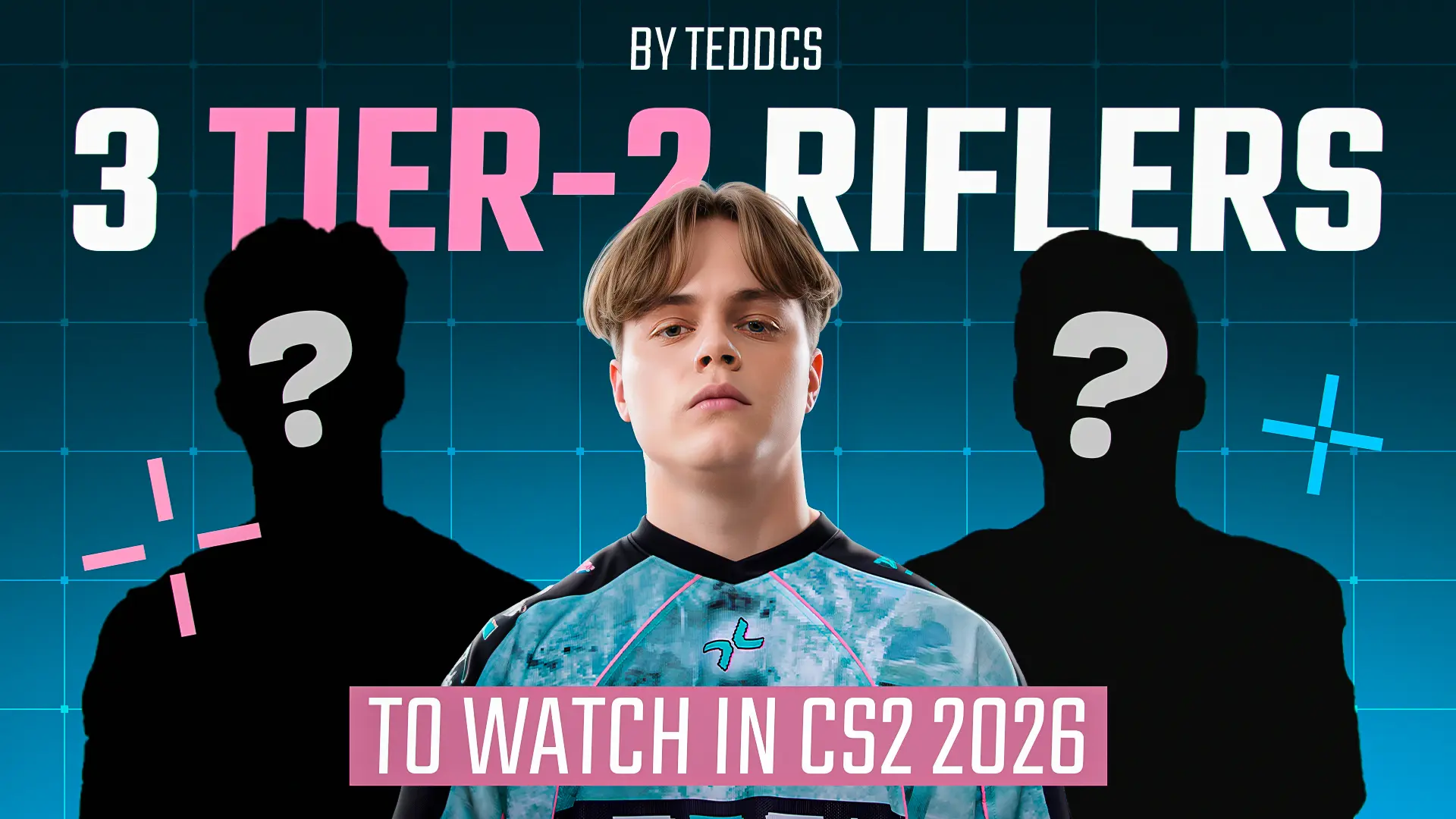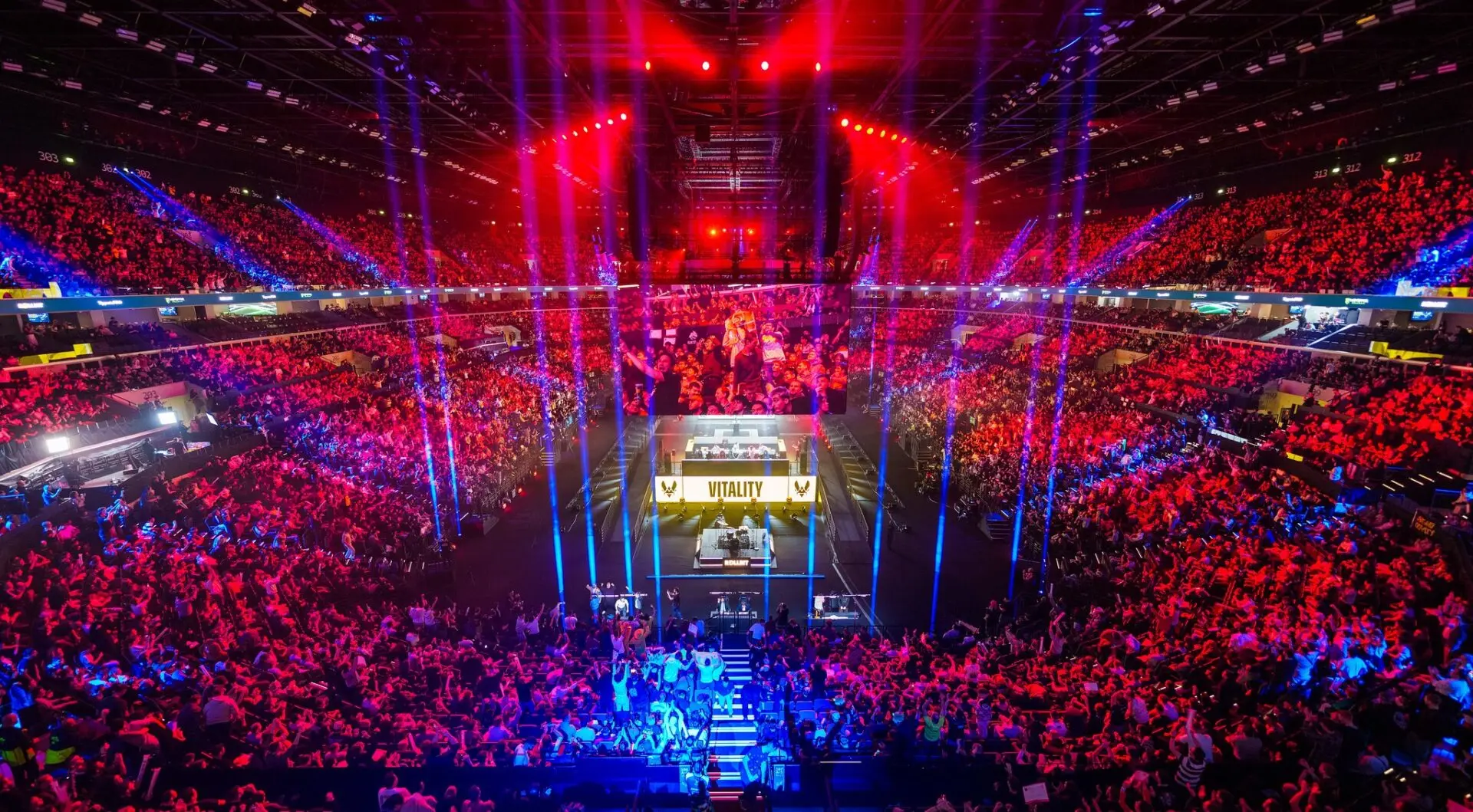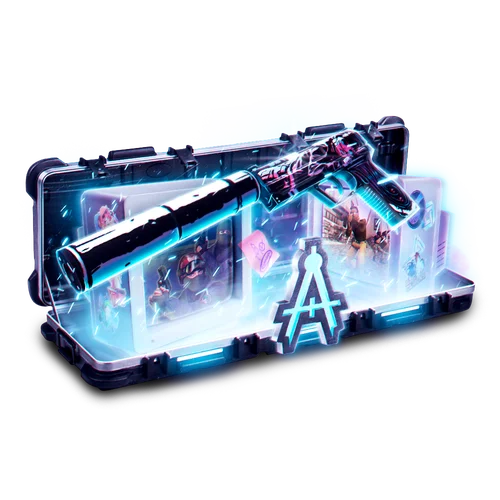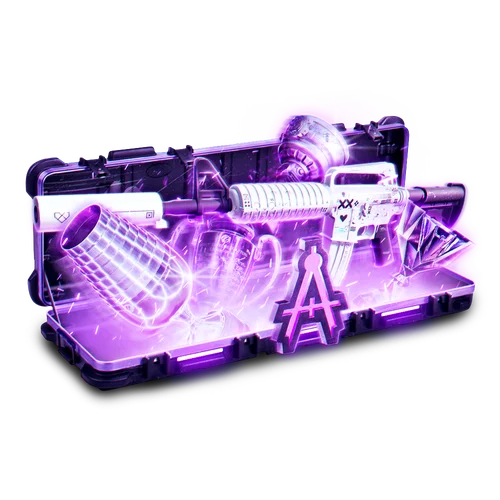With less than a month left until the invite deadline for the PGL Major Budapest, the Counter-Strike scene has found itself in the midst of an unprecedented race. As HLTV notes, teams from across the world are scrambling to attend as many LAN tournaments as possible to collect the last Valve Ranking System (VRS) points. But does this system truly make the scene fairer — or does it instead create chaos and new barriers?
The Boom of Open LANs
Fragadelphia Blocktober in the U.S. became the clearest example of the “VRS fever.” Tickets sold out in a record four minutes, forcing organizers to expand the number of participants to 48. A similar situation is unfolding in Europe: Moscow, Riga, Rio, and Bucharest are all filling up with new LAN events that offer teams a final chance to jump aboard the train to the Major.
It feels like a throwback to “old-school” CS: local events, open entry, and the atmosphere of the early 2000s. At the same time, it’s also the wild west, where any tournament can become an opportunity for both big and small teams.
We're happy to announce that Frag is gonna be kickin' it on @KickStreaming exclusively!
Join us on our upcoming broadcasts at https://t.co/kIWf5F7SZo! pic.twitter.com/EYx3KSx78M
— Fragadelphia (@fragadelphia) September 4, 2025
VRS: The Idea of Equality, the Reality of Inequality
Valve introduced VRS to replace partner leagues, promising “equal opportunities for all.” But in practice, the system has turned into a frenzy:
- Financial burden. Top teams can afford flights and constant travel, while less wealthy squads risk bankruptcy trying to keep pace.
- Regional inequality. European and North American teams have dozens of events nearby, while Australian or Asian rosters get only a handful of chances. This distorts the very principle of “global equality.”
- Recency effect. The system forces teams to constantly attend LANs since older victories lose value over time. This leads to player exhaustion and calendar instability.
Organizer Abuses
HLTV details cases where tournaments have turned into money machines — from €2,000 entry fees for just $10,000 in prize money to private groups that tip off “insiders” about registration in advance. MESA’s Nomadic Masters even lost its “ranked” status after breaking Valve’s requirements, but that hasn’t stopped other organizers from experimenting. This sets a dangerous precedent: instead of an open scene, we get a chaotic market where those who know how to “sell slots” profit — not those who build quality tournaments.
The Bright Side: LAN Culture Revival
Despite the criticism, the positives can’t be ignored. VRS has breathed life back into local LANs — in the U.S., Europe, and even in countries where the scene had nearly disappeared. For young players, it’s a chance to reach the big stage not through closed leagues but through real victories. There’s a certain “romance” in that — a return to the days when the road to the pro scene began at local LAN centers.
Our Take: Balance Is Needed Now
4.5 weeks left to gain VRS points for the Major 🗓️
Picture: These are Tier 2 LAN events that will happen during this period ⚔️
DraculaN showcased how much participation in such LANs can boost teams, so in a month the list for "Stage 1" invites will be unrecognisable 🪞 pic.twitter.com/P63spkiw5E
— Heccu (@Hency_Heccu) September 3, 2025
We agree with HLTV that the VRS system has given the scene new energy. But today’s race also highlights the core issue: the absence of clear rules and balance. If Valve doesn’t step in, there’s a risk that:
- wealthy teams will continue farming small events, essentially buying their way into the Major;
- smaller squads will go bankrupt without ever reaching even qualifiers;
- the image of the LAN scene will suffer due to chaos and suspicions of manipulation.
The optimal solution is to make the system more transparent: require organizers to announce tournaments well in advance, set a cap on entry fees, and account for regional balance. Otherwise, the Major in Budapest will be only the first stage — by Cologne we may see even greater chaos.
read more
VRS was envisioned as “the great equalizer,” but so far it has become a catalyst for a new crisis. Yes, we see the return of LAN culture — but also the risk of the scene turning into a “survival market.” The true test for the system will be PGL Major Budapest 2025, which will show whether VRS can fulfill its mission: to make Counter-Strike truly open and fair.




































